The Raspberry Pi 4 is such a versatile device and it's set to gain support for the Vulkan API too, with an update on the progress now available and code in the open.
In a guest blog post on the Raspberry Pi website written by Igalia's Iago Toral, the developer working on getting it all working with the Mesa graphics stack, they go over work done and it's sounding great. If you haven't heard of Igalia, they're a Free Software consultancy that works on various open source software like this.
When originally announced, Vulkan for the Raspberry Pi 4 was in quite the early stages. It could get as far as rendering a coloured triangle. Now though? It's passing over 70,000 tests from the Khronos Conformance Test Suite for Vulkan 1.0. It's now capable of running a bunch of Vulkan demos by Sascha Willems:
They make it clear, that it still has a long way to go before it can run full Vulkan games and applications though, some of the demos by Willems don't even run yet so they have a lot of work ahead. Their current priority is to finish the basic feature set of Vulkan 1.0 including compute shaders, input attachments, texel buffers, storage images, pipeline caches, and multisampling.
As it's come so far, they've also now moved it to a public code repository as it's in a state where it's "a lot friendlier to external contributors" as it's no longer having heavy rewrites and such.
See the blog post here, source code up on the Freedesktop GitLab.
vulkan support
cheap as hell..
i know its video capabilities should be fair inferior to PS4, but still this is geting impressive and turning into nice gaming machine
Last edited by elmapul on 9 Jun 2020 at 4:19 pm UTC
8GB of ram... (the same as an ps4)
vulkan support
cheap as hell..
i know its video capabilities should be fair inferior to PS4, but still this is geting impressive and turning into nice gaming machine
If only you could hook an evga into the Raspberry...maybe later iteration gets thunderbolt? One can only wish.
The website says it "Works on Windows, macOS, Linux, FreeBSD and OpenBSD. The editor runs in 32-bit and 64-bit on all platforms", but I suspect that means all *x86* platforms?
EDIT: Looks like it might <https://godotengine.org/qa/search?q=raspberry>
Last edited by Valck on 9 Jun 2020 at 10:45 pm UTC
Does Godot run on ARM machines?
The website says it "Works on Windows, macOS, Linux, FreeBSD and OpenBSD. The editor runs in 32-bit and 64-bit on all platforms", but I suspect that means all *x86* platforms?
EDIT: Looks like it might <https://godotengine.org/qa/search?q=raspberry>
afaik no, but some people may have ported it, some times is just a matter of recompiling, the main issue being:
the performance will suck, if you dont adapt the code manually in some parts.
in any case, there is an web version now, so you may be able to run it if you/someone host it remotely (there is an official server too) the main issue is that you need an nightly version of chromium or firefox.
and the performance impact once again.
Does Godot run on ARM machines?
As it currently stands, the editor is unfortunately a bit too resource-intensive for this. That said, simpler 2D games can be made to work well on Raspberry Pi 3/4 by [building an ARM Linux export template from source](https://docs.godotengine.org/en/latest/development/compiling/compiling_for_linuxbsd.html).
Godot 3.2.2 will get 2D batching which will speed up 2D rendering significantly, but I'm not sure if it'll be enough to run the 2D editor in an usable manner on an overclocked Raspberry Pi 4 (a best case scenario).
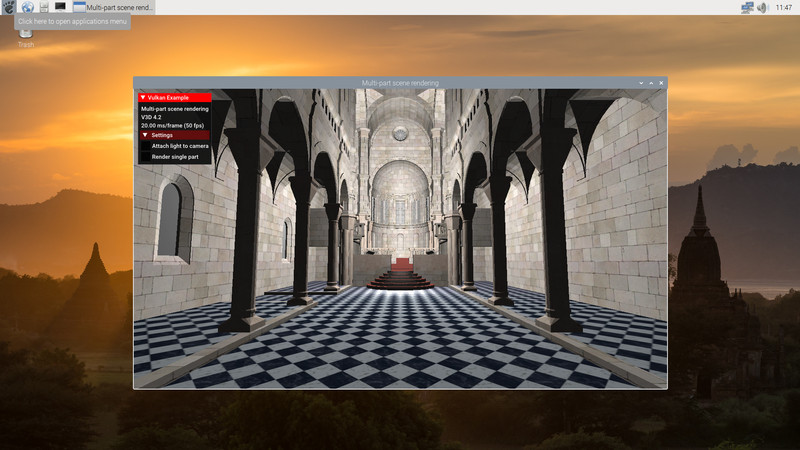
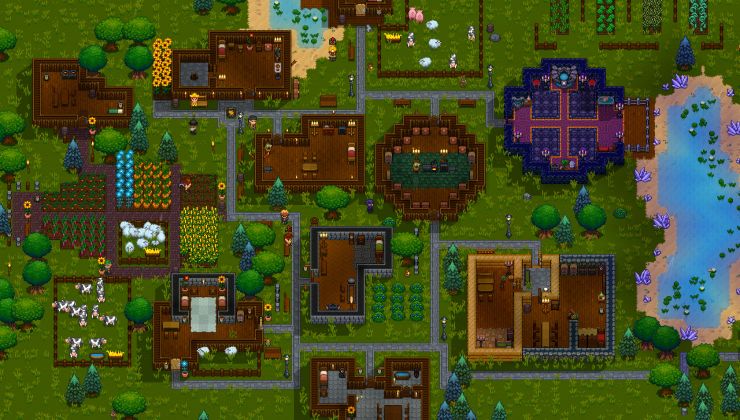
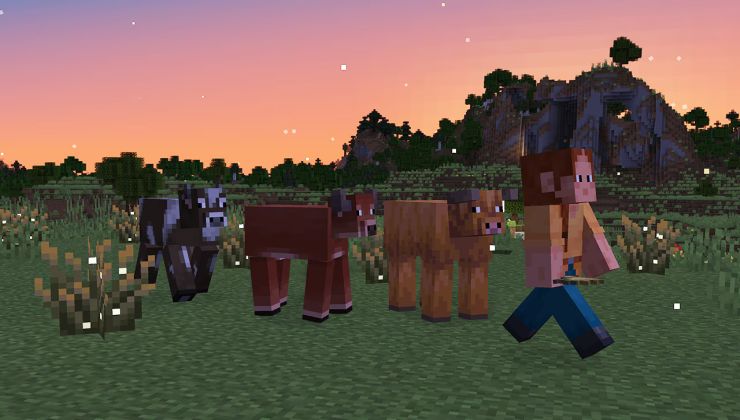
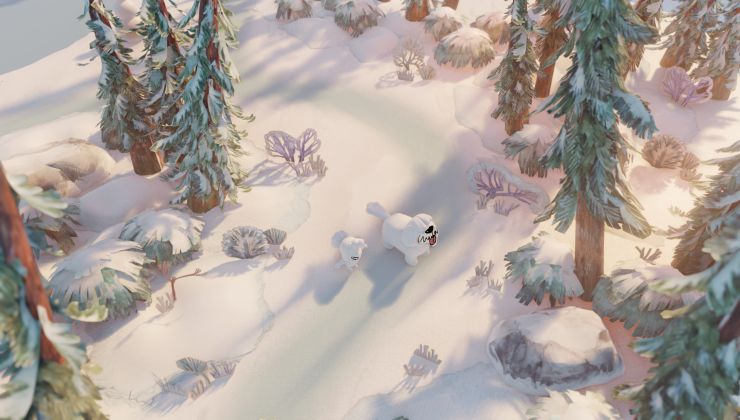
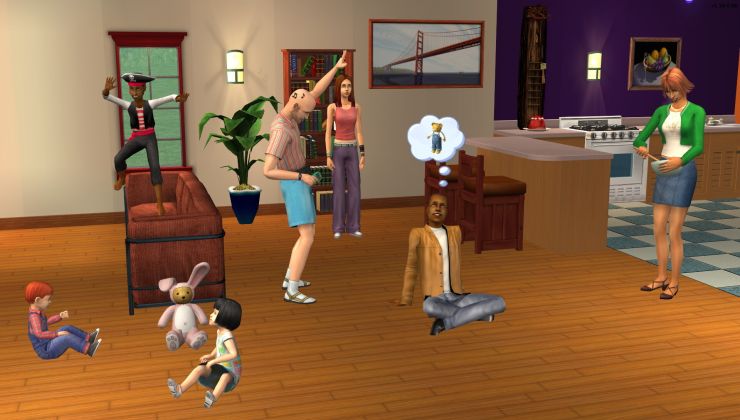



 How to set, change and reset your SteamOS / Steam Deck desktop sudo password
How to set, change and reset your SteamOS / Steam Deck desktop sudo password How to set up Decky Loader on Steam Deck / SteamOS for easy plugins
How to set up Decky Loader on Steam Deck / SteamOS for easy plugins
See more from me